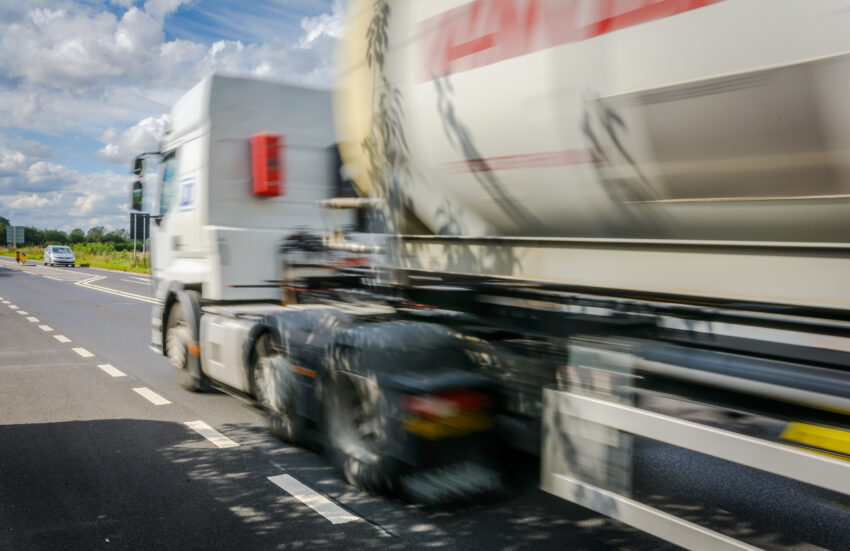A cabinet split is hampering the government’s efforts to deal with the nationwide shortage of lorry drivers that threatens fuel supplies at some petrol stations and caused some panic-buying of fuel on Friday.
Ministers are divided about the best way to solve the shortage of truck drivers, with a meeting on Friday afternoon expected to seek a compromise over whether to recruit more drivers from abroad.
On Friday Grant Shapps, the transport secretary, said he would move “heaven and earth” to solve the problem, and kept on the table the idea of adding truck drivers to the “shortage occupation list”, which would let foreign drivers enter the country more easily.
But multiple sources said Shapps and Kwasi Kwarteng, the business secretary were sceptical about the idea and another source said the Home Office, led by Priti Patel, was also unconvinced.
The idea is being pushed, however, by the environment secretary, George Eustice, and by the Cabinet Office, led by Steve Barclay, as a way to boost the availability of drivers to deliver petrol to forecourts.
One potential compromise due to be discussed on Friday is a special short-term visa scheme for truck drivers that could tackle with the immediate crisis.
The Home Office will ultimately make the decision over whether to relax restrictions for drivers, with the government recognising that something has to be done about the shortage to avoid scenes of chaos at petrol stations.
Kwarteng is understood to believe that oil companies should be paying their drivers more and offering better working conditions, rather than the UK seeking to recruit from abroad.
One Whitehall source said those cabinet ministers opposed to the shortage occupation list solution would prefer to see a plan to tempt back to the sector some of the 600,000 people with heavy goods licences not currently employed as drivers.
Another senior government source said some ministers appeared to be keen at all costs to avoid the perception that Brexit was to blame for the shortage, accounting for its reluctance to relax immigration rules.
Earlier on Friday, Shapps said he would consider all options, including the possibility of issuing short-term skilled worker visas to tap mainland Europe’s pool of potential HGV drivers. He said motorists should not panic as the problem would be “smoothed out relatively quickly”.
“I’ll look at everything,” he told Sky News. “I wouldn’t rule anything out. We will move heaven and earth to do whatever it takes to make sure shortages are alleviated with HGV drivers.”
Asked about the Petrol Retailers Association warning that drivers should keep a quarter of a tank of fuel in their car in case forecourts ran out, Shapps downplayed the issue and said motorists should “carry on as normal” and not panic-buy.
“I’m not saying there is no issue,” he said. “There has been an issue. Although there are stresses and strains in the system, by and large it has not impacted on people’s everyday life when it comes to filling up with petrol. There is not a shortage of fuel at the refineries.”
Shapps blamed Covid, which he said delayed 40,000 drivers taking their HGV driving tests, but added that the government had changed the law to ease the “bottleneck”. More than twice as many driver tests were now available than pre-pandemic, he said.
Shapps said the driver shortage was not a new problem and that the UK had relied over a long period of time on “importing cheap European, often eastern European, labour undercutting the domestic market”. He added: “We need to make this a more attractive industry”, welcoming salary and wage increases for HGV drivers.
Asked about the role of Brexit in the driver crisis, he said EU countries such as Poland and Germany had “very large and even larger” shortages. “I’ve seen people point to Brexit as the culprit here; in fact, they are wrong,” he said. “Because of Brexit, I’ve been able to change the law and alter the way our driving tests are taken in a way I could not have done if we were still part of the EU. Brexit has actually provided part of the solution.”


